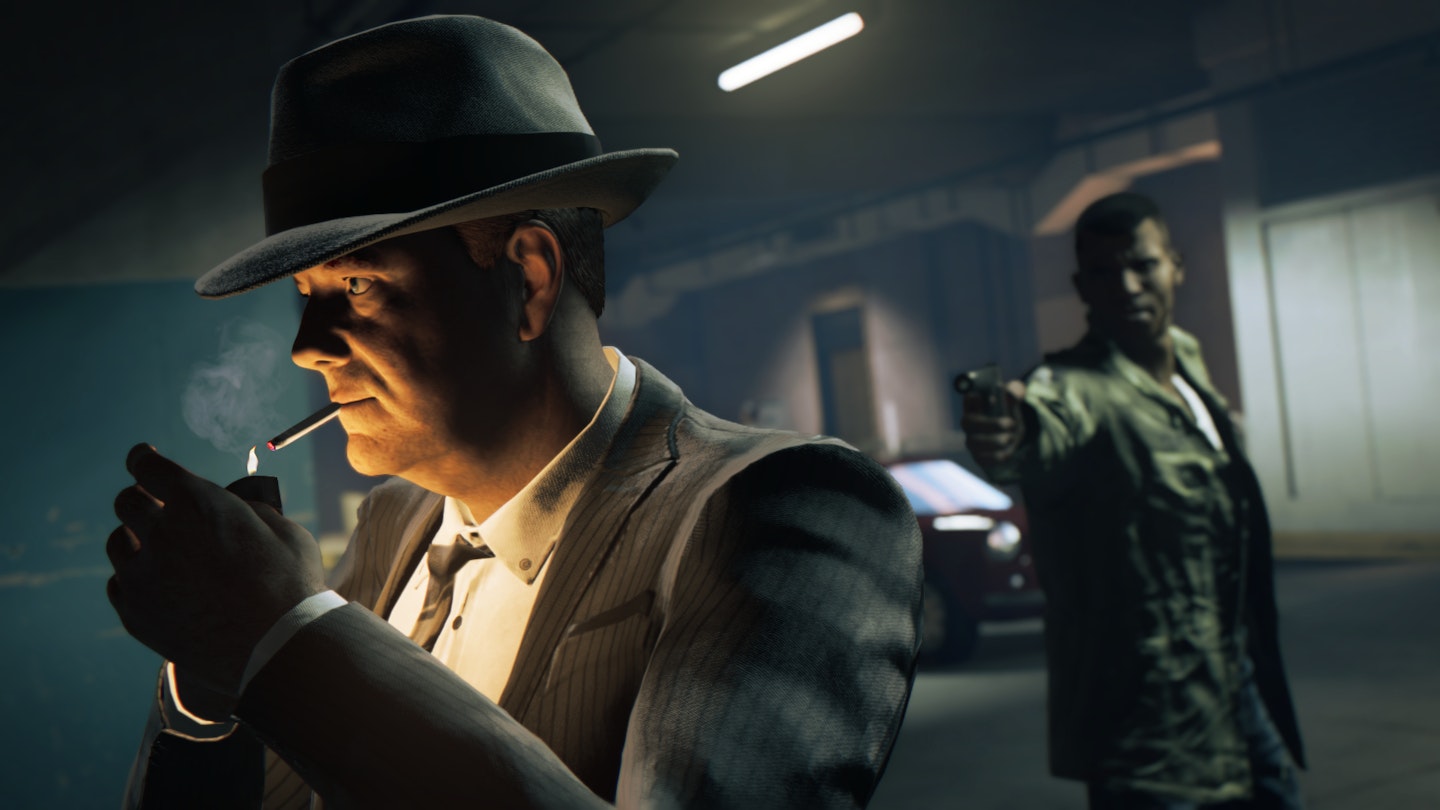Sponsored by Mafia III
Throughout cinema’s history, the mafia has engrossed and fascinated filmmakers and audiences alike. As the release of Mafia III approaches, we look back at the most important mob movies that came to define the genre.
Little Caesar (1931)
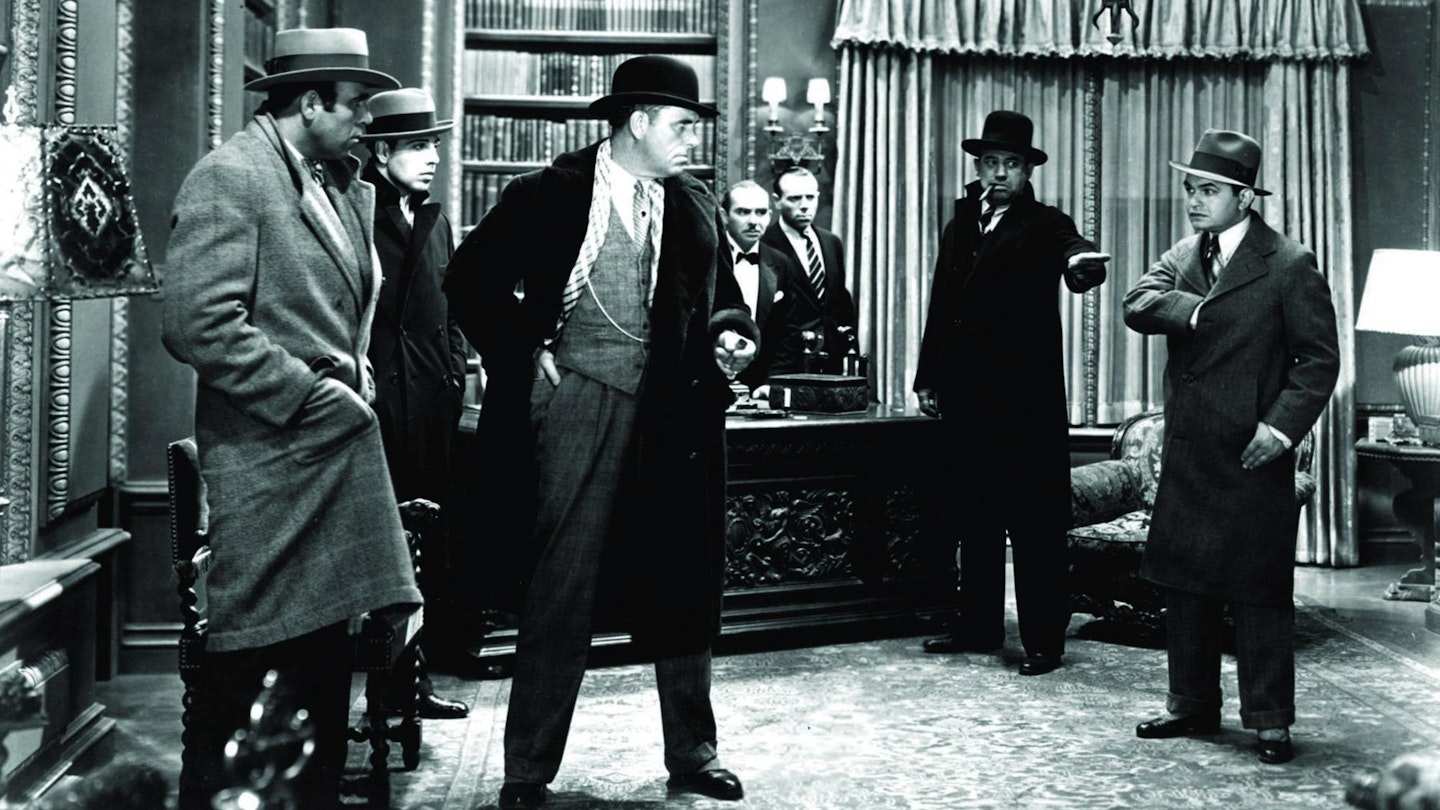
Often regarded as the first fully-formed gangster movie, Little Caesar set a template that continues to be followed to this day: a rags-to-riches tale depicting the dramatic rise and and ignominious fall of a hoodlum attempting to make it big in the mob. Edward G. Robinson’s uniquely nasal voice would dominate mafia films for years to come.
The Public Enemy (1931)
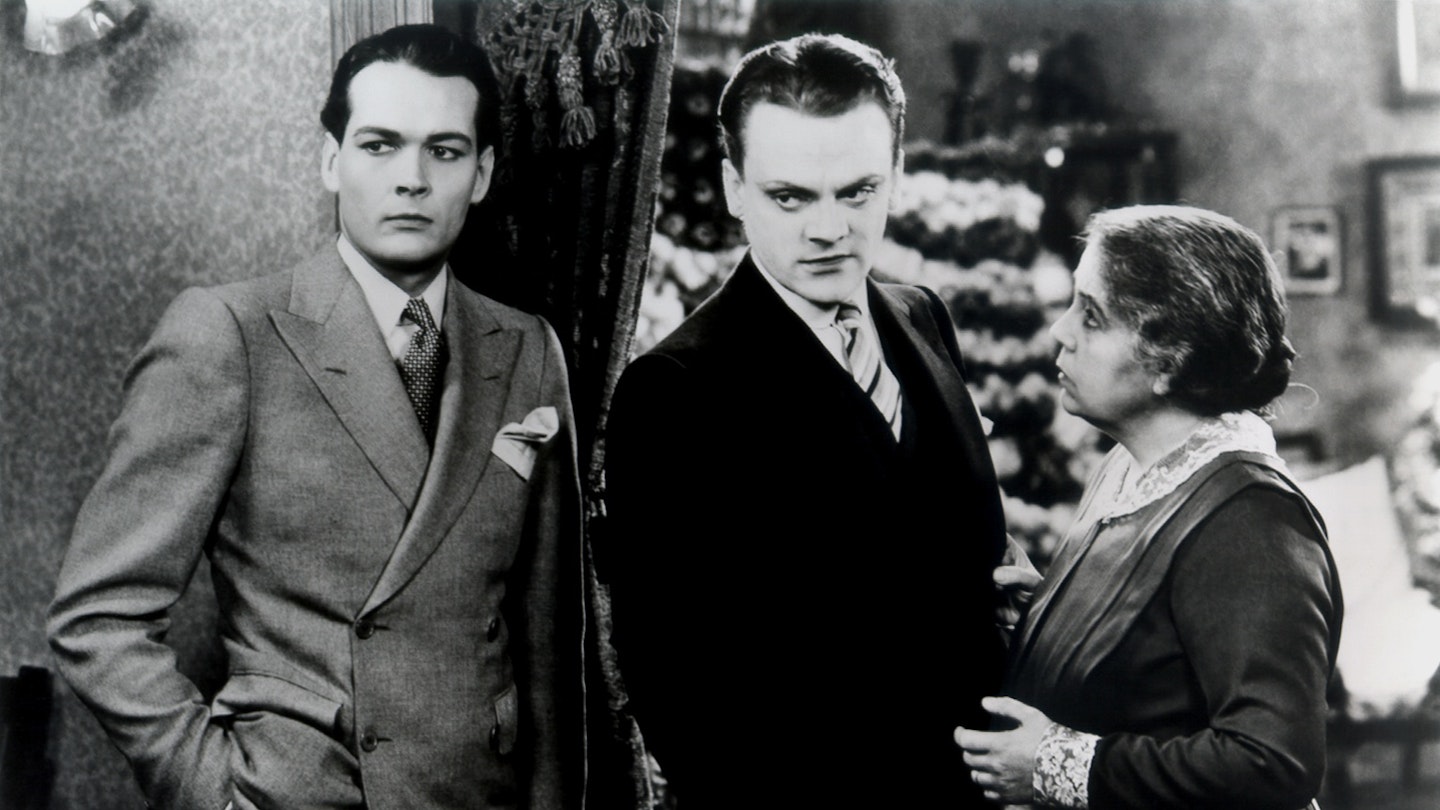
Another Chicago-set mob movie, and the breakthrough role for James Cagney, who would become a specialist in playing tough, complex criminals. The turn-of-the-century tale became infamous for a notorious scene in which Cagney smashes a grapefruit into Mae Clarke’s face.
Angels With Dirty Faces (1938)
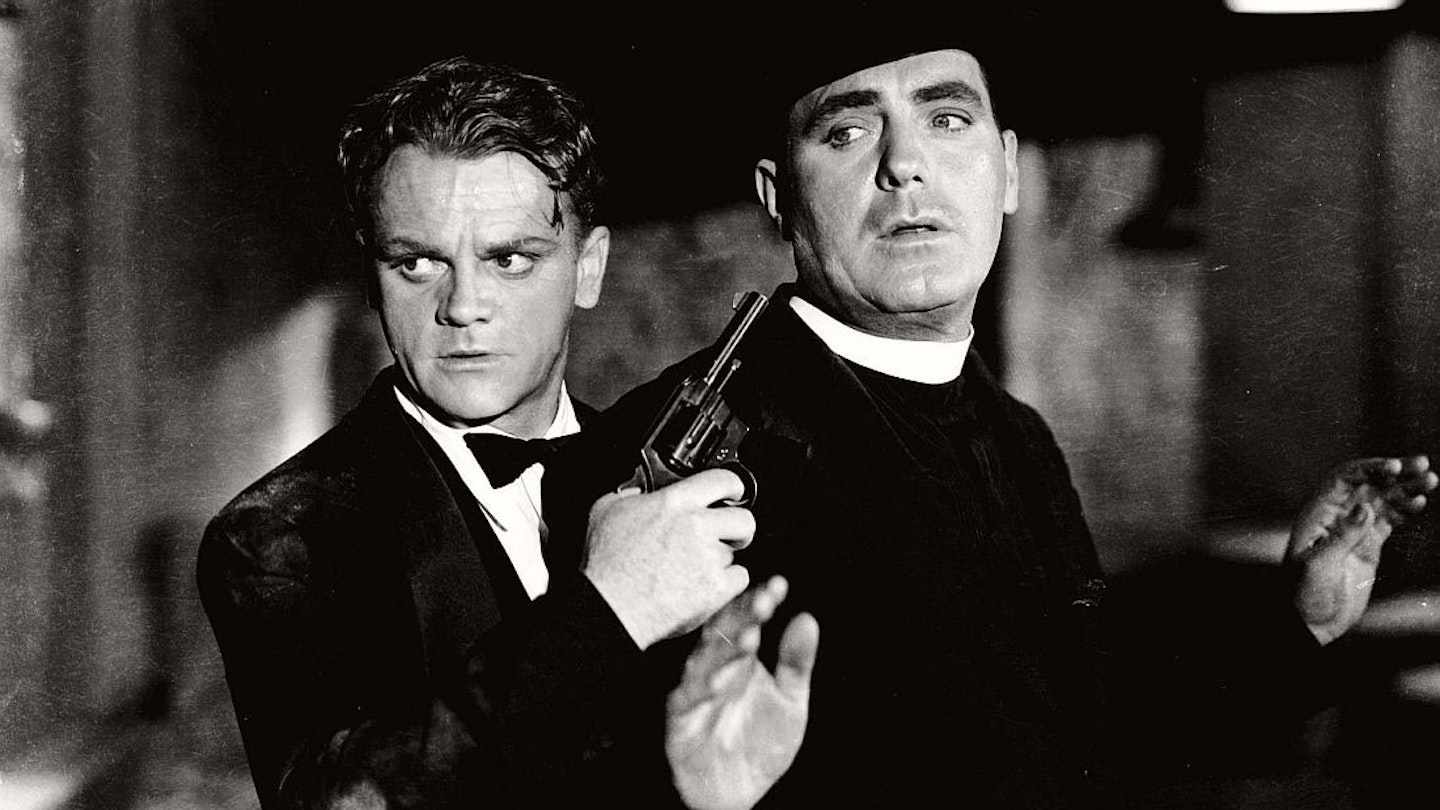
Here at the height of his powers, James Cagney earned his first Oscar nomination playing William ‘Rocky’ Sullivan. It’s since become equally well-known for the parodies it has spawned: the Merrie Melodies cartoon ‘Thugs With Dirty Mugs’, and the film-within-a-film in Home Alone, ‘Angels With Filthy Souls’.
Scarface (1932)
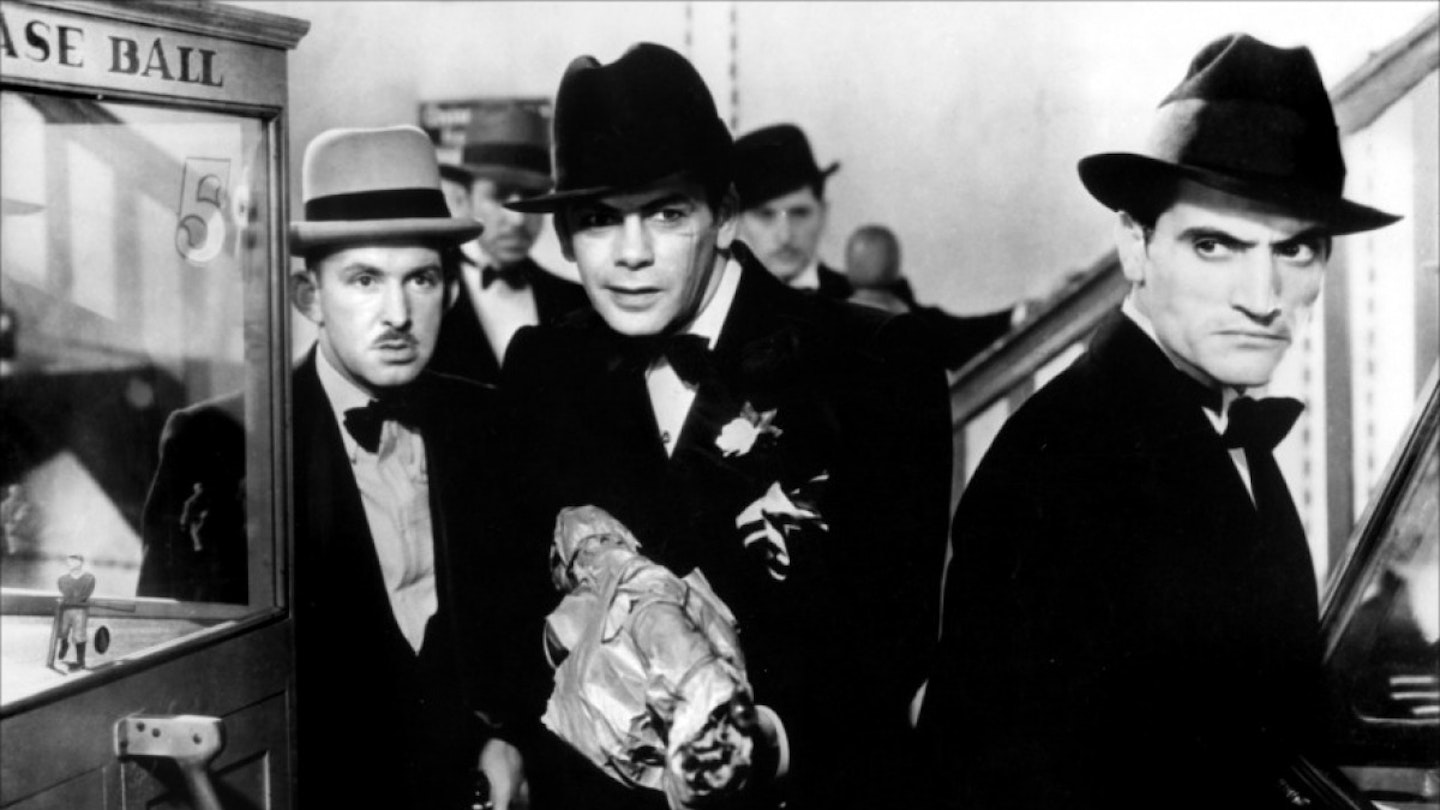
One of the last great ‘Pre-Code’ gangster films, before censorship and the end of Prohibition tempered Hollywood’s appetite. Loosely based on the life of Al Capone – a depiction of the Valentine’s Day massacre is featured – it would later inspire De Palma’s ‘80s remake (see below).
The Big Heat (1953)
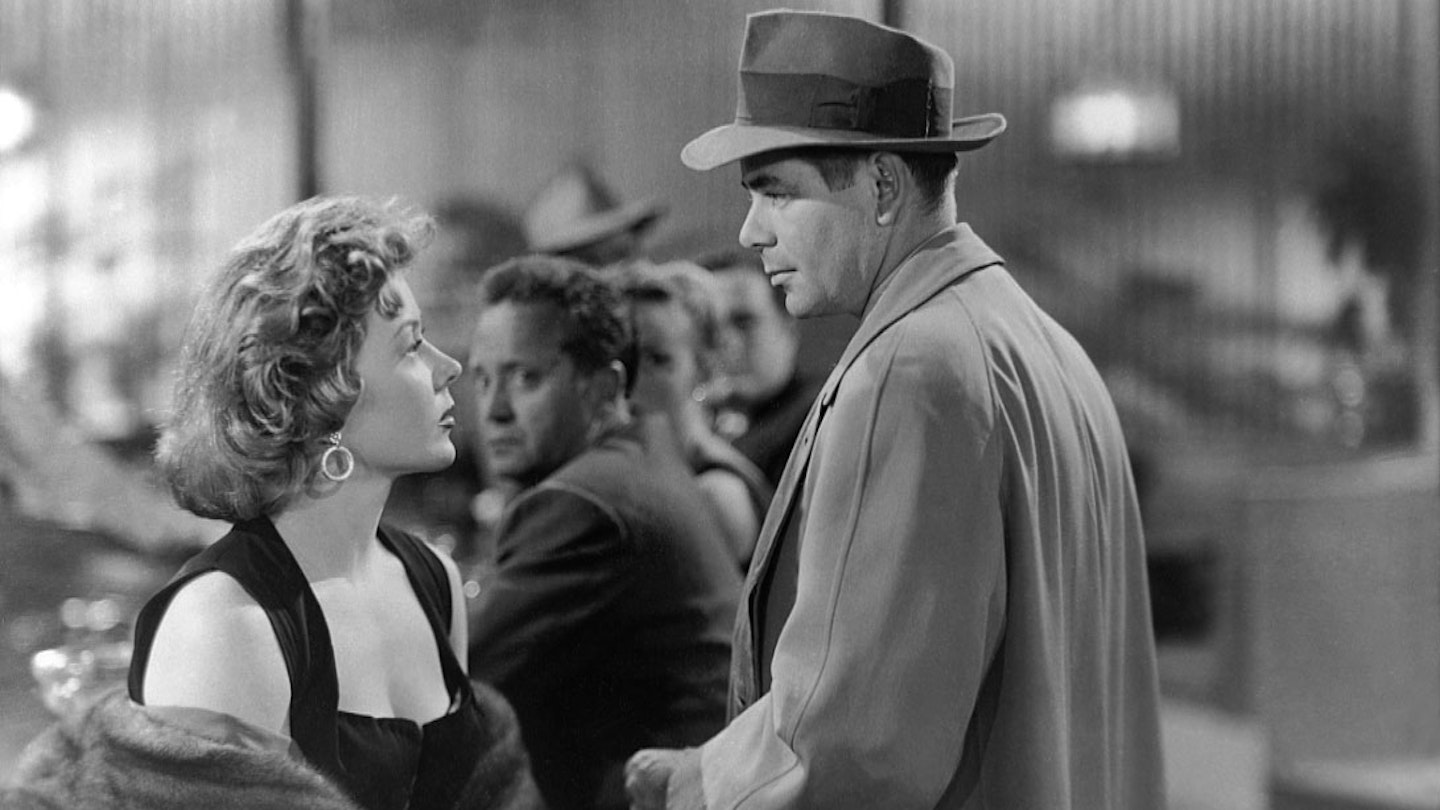
This crime thriller from German film noir master Fritz Lang is a more thoughtful approach than the violent mob movies of the 1930s. Told from the perspective of straight-arrow detective who attempts to take on the criminals that run his town, Lang strives for a degree of moral ambiguity that was previously uncommon.
On The Waterfront (1954)
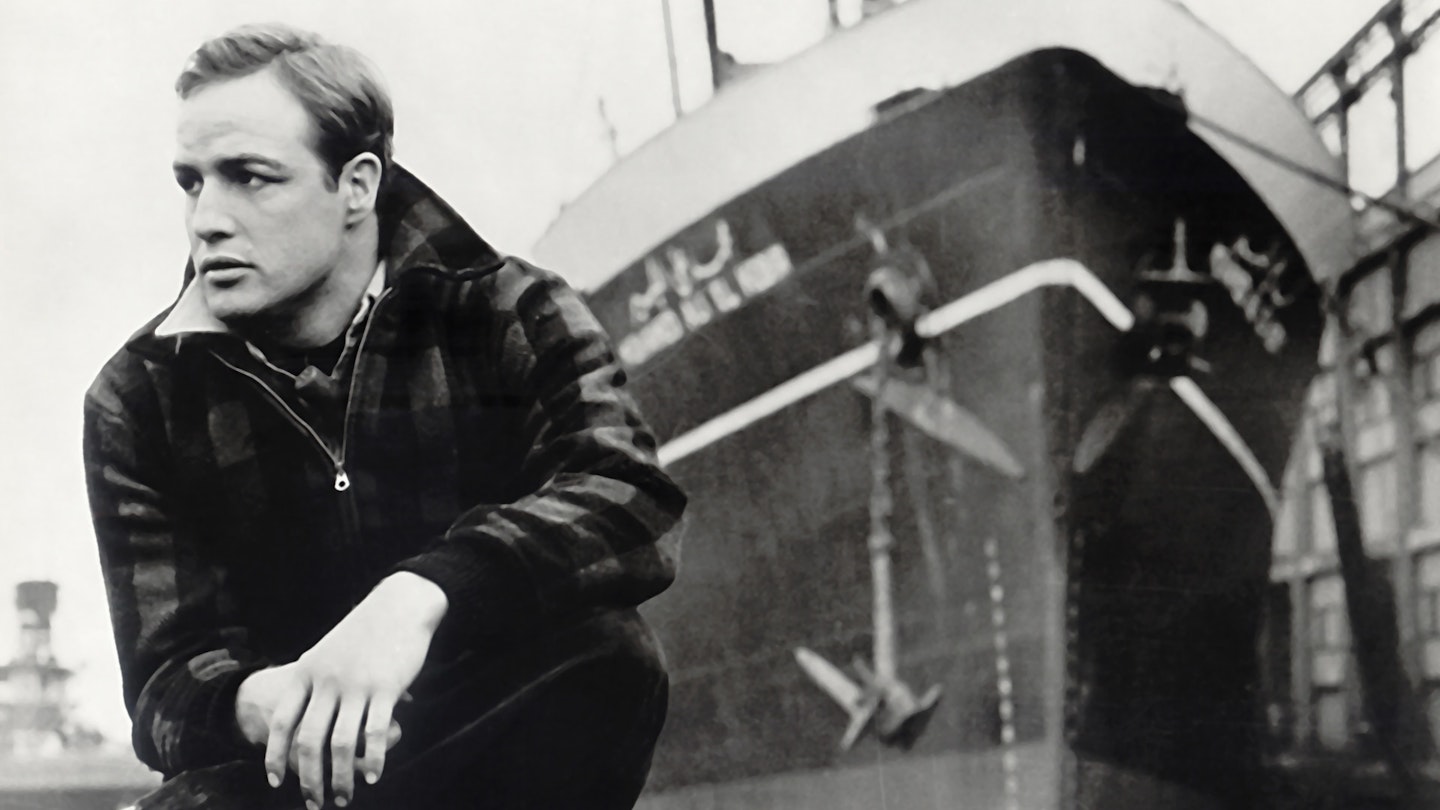
Union-based organised crime forms the basis of Elia Kazan’s electrifying film, which swept the board at the Oscars. Adopting the realism of Stanislavski's acting methods, Marlon Brando gives an iconic performance as Terry Malloy, the bum who “coulda been a contender”.
The Godfather (1972)
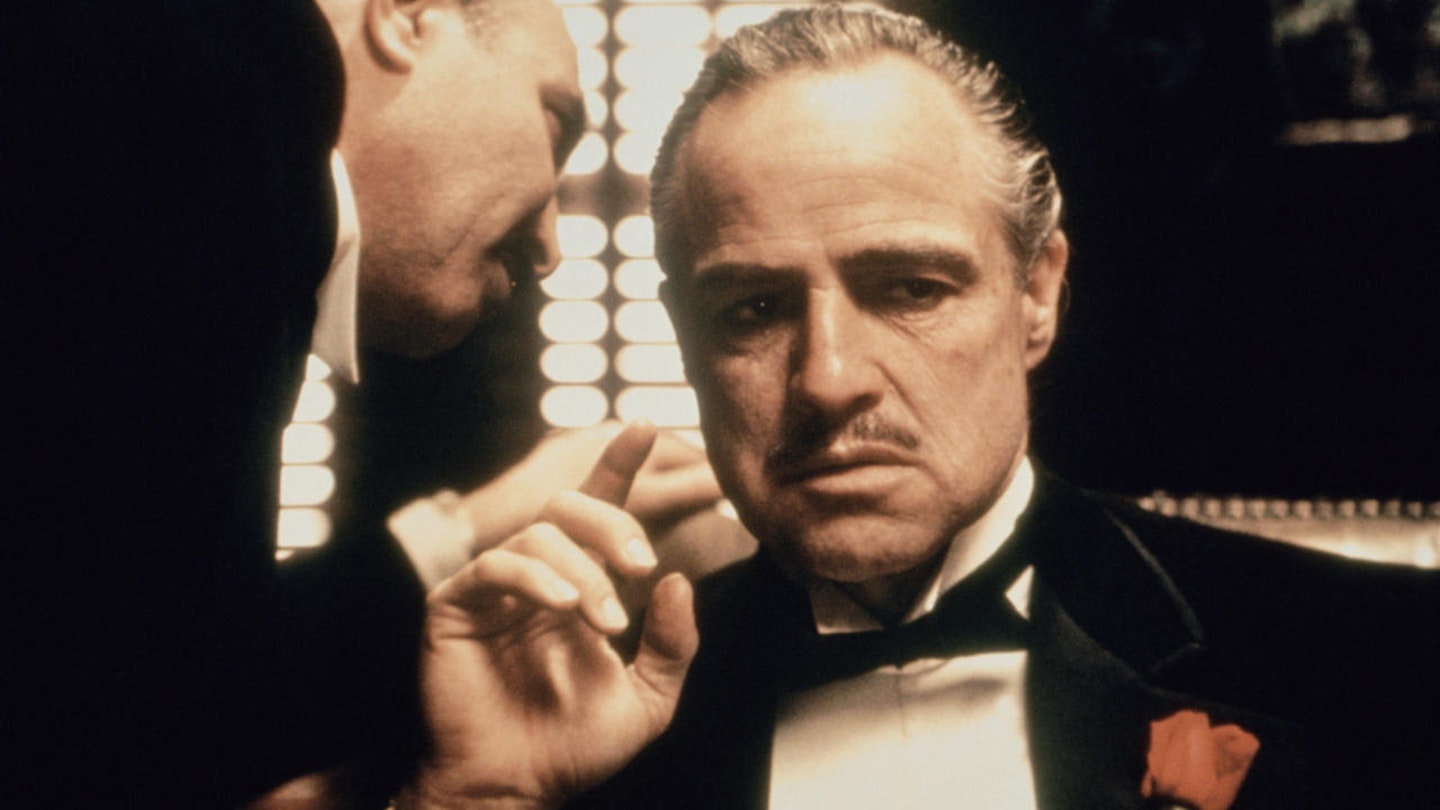
Not just one of the best mafia movies ever made, but among the best movies ever, period. Francis Ford Coppola’s landmark crime epic set the gold standard for depictions of the mafia, and prompted many imitators. But nobody has managed to match it – except, perhaps, Coppola himself...
The Godfather Part II (1974)
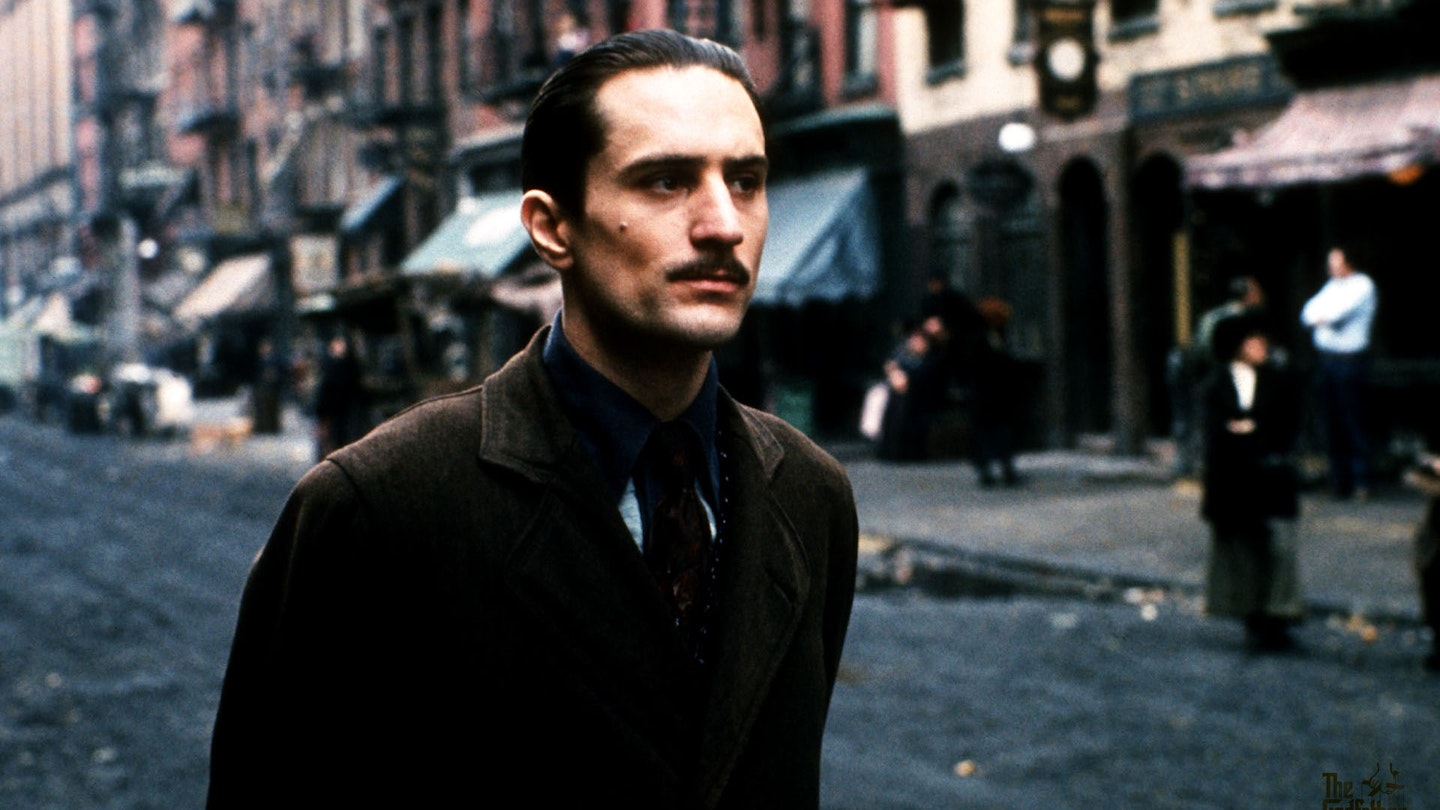
Rare is it that a sequel can equal its original; far rarer that it practically betters it. But this is arguably the best sequel of all time, assembling acting heavyweights like Pacino, De Niro, Keaton and Duvall across two timelines, spanning half a century. The two films helped solidify the conception of the mob in the minds of the public. (Less said about the third film, the better.)
Once Upon A Time In America (1984)
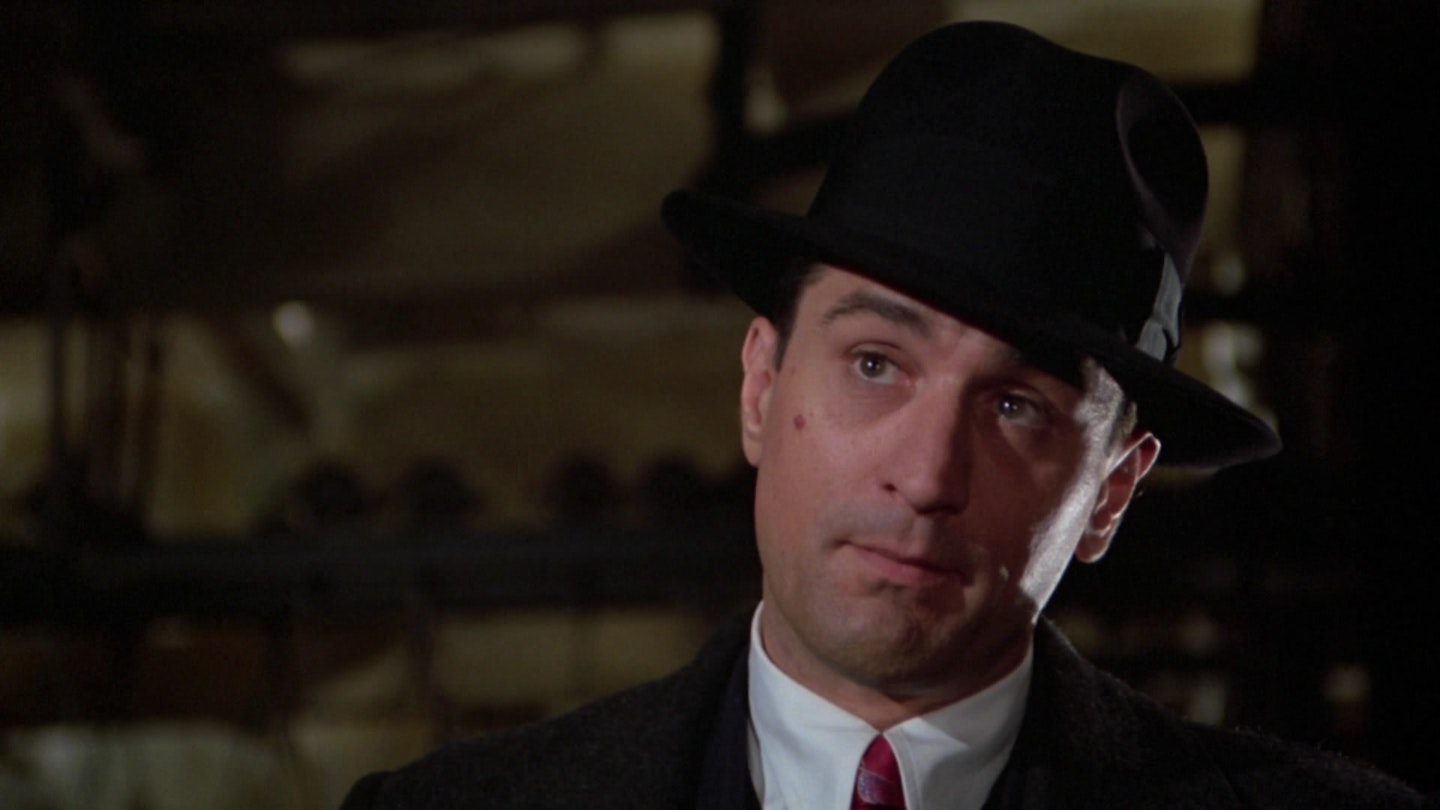
Sergio Leone’s final film is characteristically lengthy (it takes a hardy soul to watch the full 4-hour extended cut) but despite abandoning his trademark spaghetti western deserts for the streets of New York, it’s no less epic. De Niro cements his position as the master of Italian-American gangster movies – teamed here with his future Goodfellas co-star Joe Pesci.
Scarface (1983)

“First you get the money...then you get the power...then you get the women...” Brian De Palma took Howard Hawks’ classic mob movie and updated it for the decade of excess. Though Al Pacino’s Cuban immigrant Tony Montana is not strictly mafia, the echoes of Al Capone are everywhere.
The Untouchables (1987)
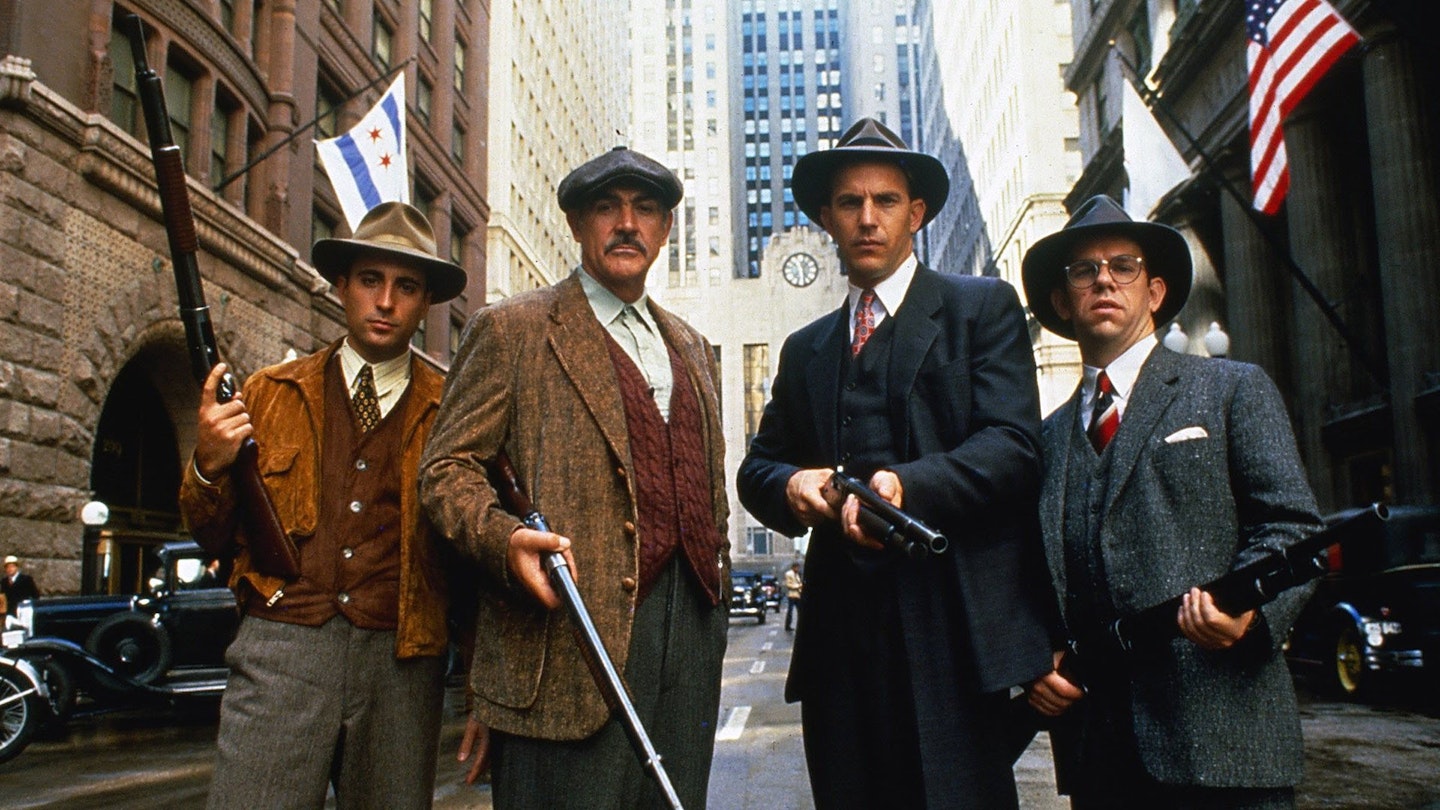
De Palma does Prohibition. De Niro does Capone. Connery does some sort or Irish-Scottish accent. This classic tale of Elliott Ness attempting to bring down the Chicago mob is full of iconic moments – none moreso than the stairway shootout at Union Station.
Miller’s Crossing (1990)
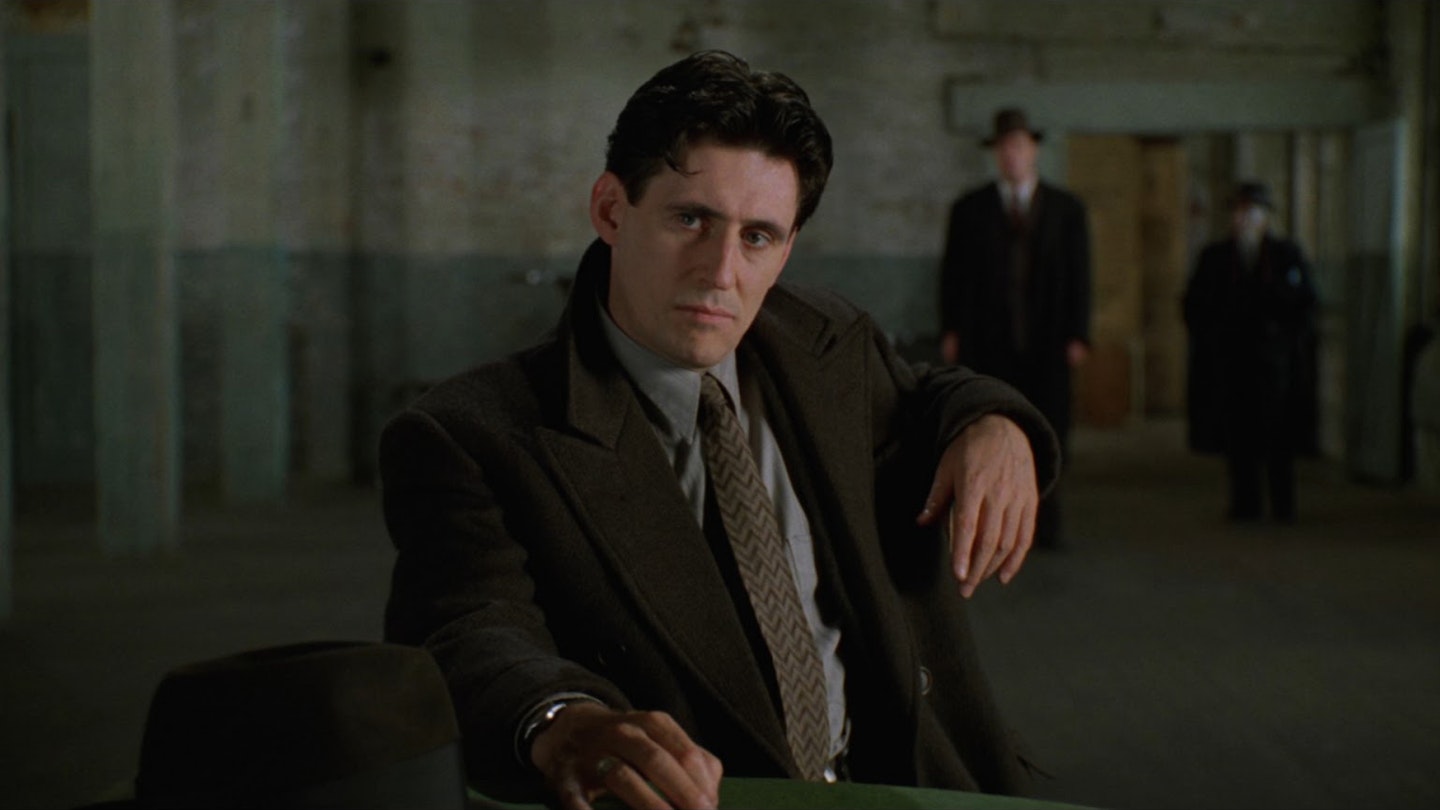
The Coen brothers are at the height of their powers in this intricately-plotted crime thriller which pitched Irish gangs against Italian gangs in a never-named Prohibition-era city. The title refers to an area in the woods where executions routinely took place.
Goodfellas (1990)
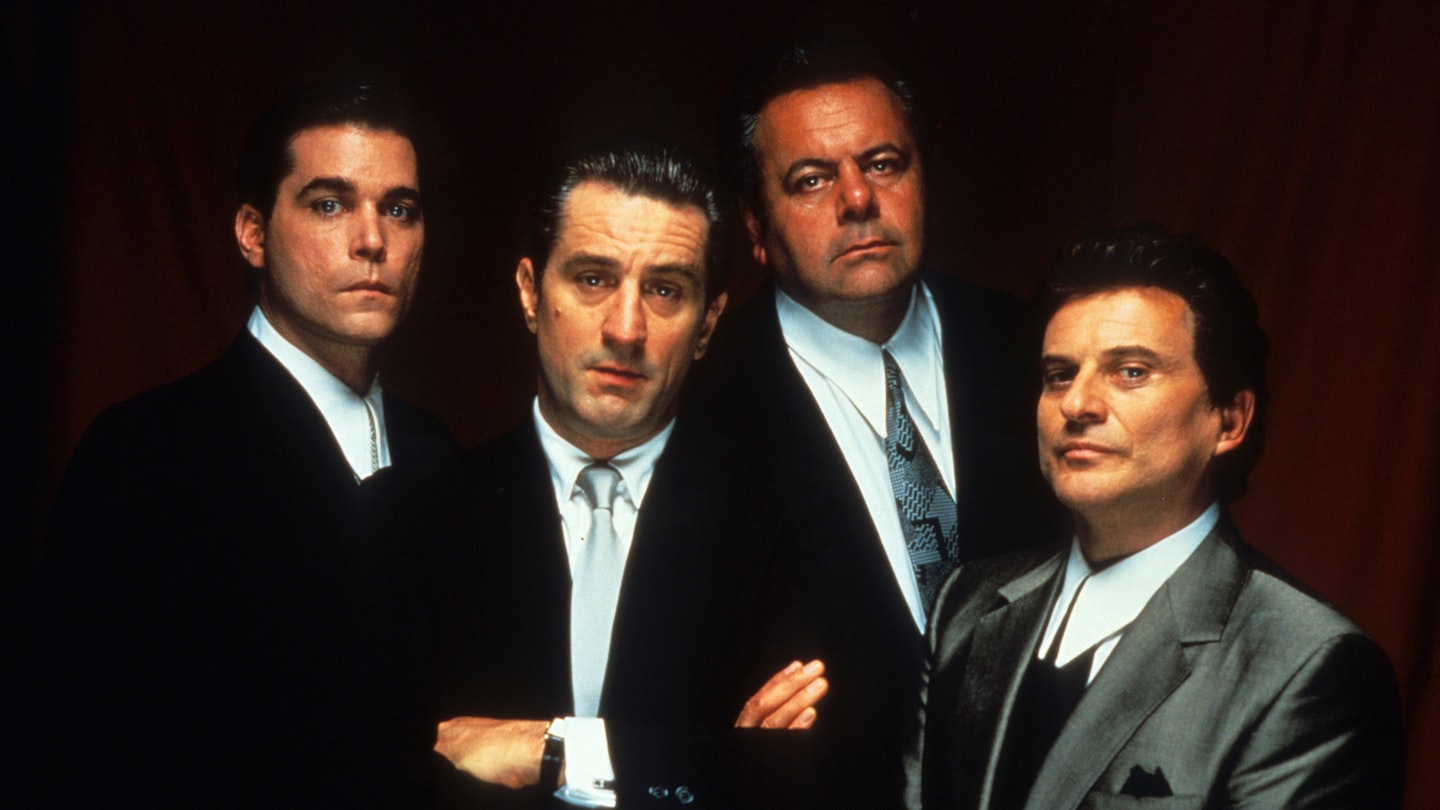
If The Public Enemy defined gangster movies, and The Godfather redefined them, then Goodfellas was to redefine the genre once more. Scorsese’s cult classic depicts the usual life of crime – but it also encapsulates the lifestyle, the Italian-American culture, the camaraderie, the family, the meatballs...
Casino (1995)
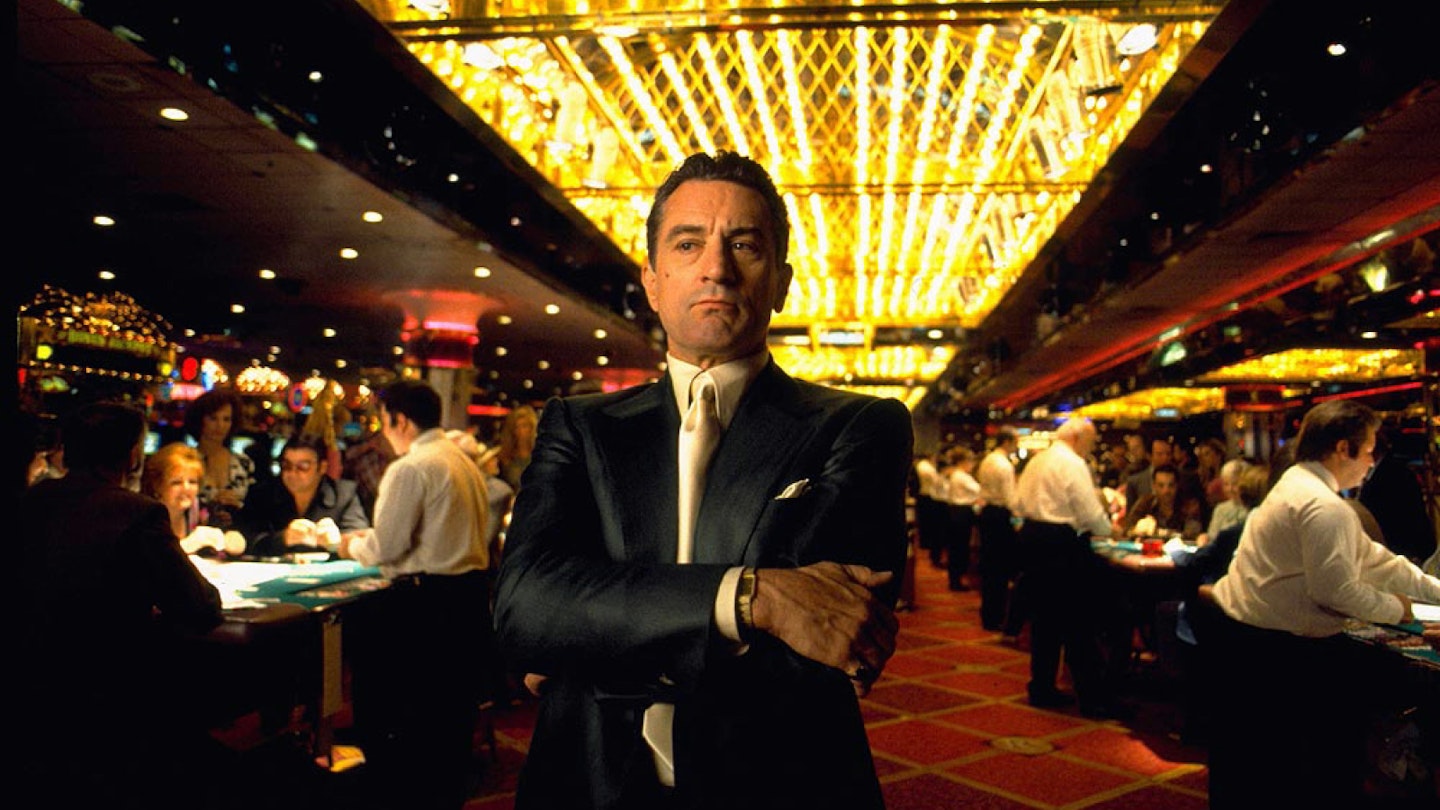
Scorsese took his Goodfellas template – sprawling crime dramatics; a multiple decade timeline; Robert De Niro and Joe Pesci – and transposed it to the neon gambling dens of Las Vegas. It’s an often forgotten entry in Scorsese’s CV, but has since been reevaluated as among his best.
Donnie Brasco (1997)
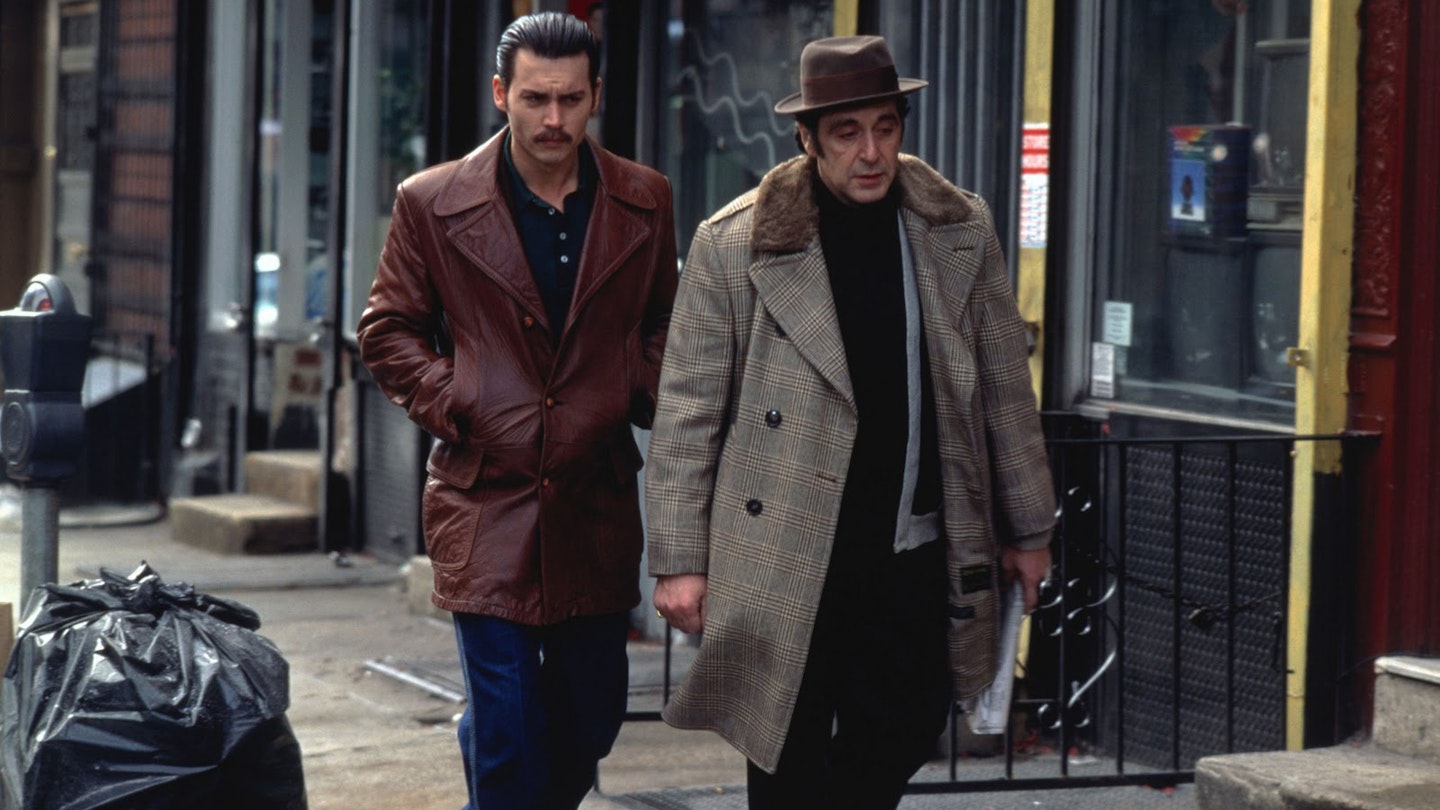
Al Pacino returned to gangster movies to play Benjamin "Lefty" Ruggiero, a real-life, cardigan-wearing crimelord; Johnny Depp plays an undercover FBI agent who goes in too deep. Like Goodfellas before it, Mike Newell’s film is another exploration of the enchanting pull that ‘The Life’ has.
Road To Perdition (2002)
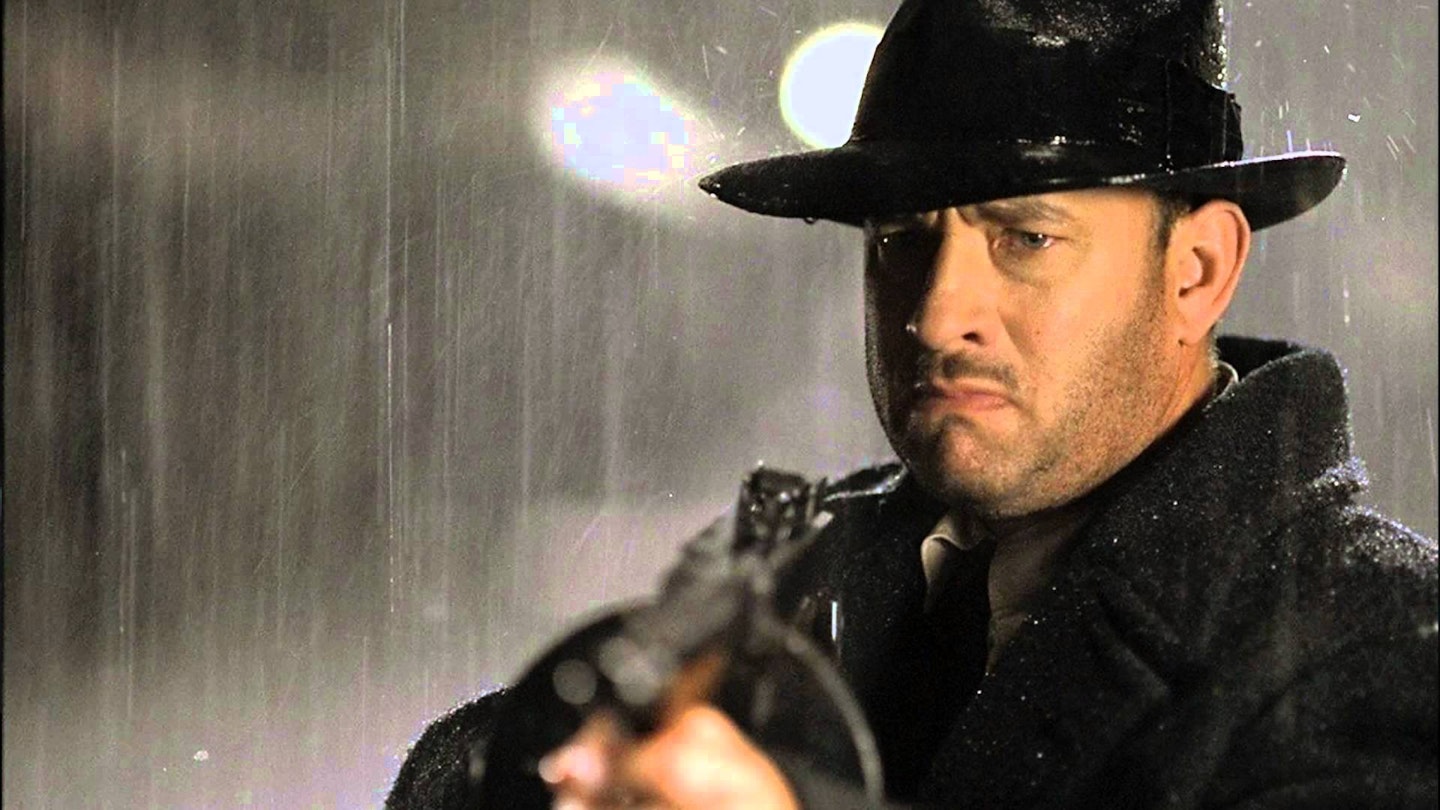
Featuring Paul Newman’s last appearance on screen, Road To Perdition explored the ethics of a violent life of crime, via a gorgeously shot Edward Hopper-like canvas. Tom Hanks, as the conflicted mob hitman, offers a more emotional anchor than most mob flicks usually provide.
The Departed (2006)
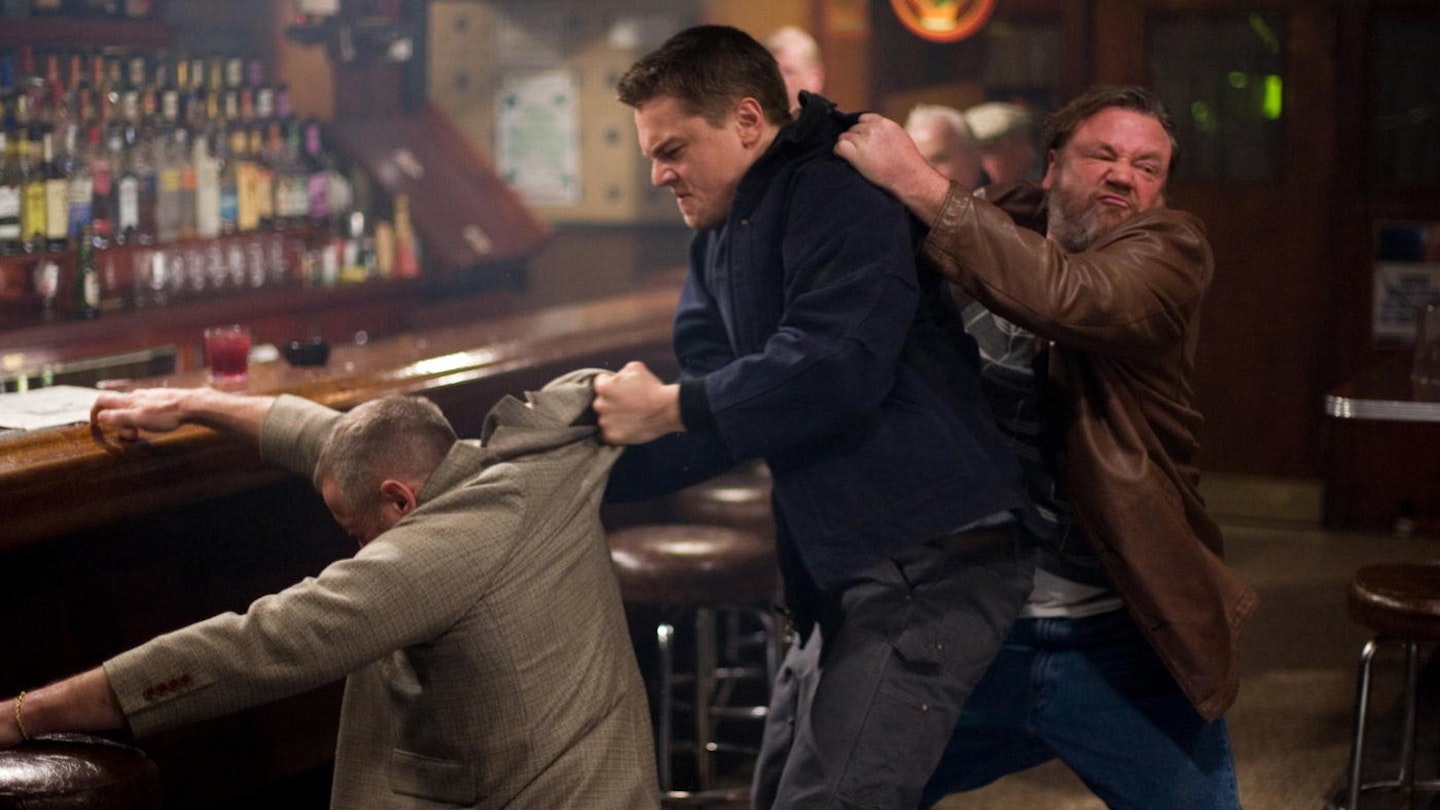
The film that finally won Scorsese his Oscar. All his hallmarks are there: a vast, interweaving plot, a visual prowess unlike no other, and an A-list cast. His new muse, Leonardo DiCaprio, has never been better, and it benefits from an ingenious undercover-cop concept, borrowed from 2002 Hong Kong thriller Infernal Affairs.
